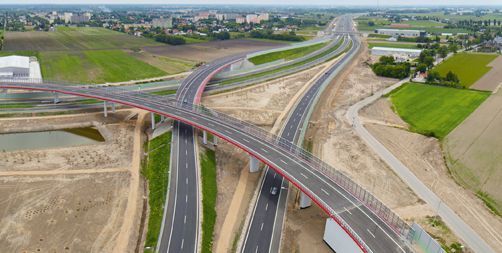Each additional day of a 60 km section of motorway incurs costs of app. EUR 130,000–150,000. If this figure is multiplied by the total number of extra days, we are looking at an additional cost of millions of euros. Of course, the shorter the section, the lower the additional expenditure; but as Jan Styliński, the president of the Polish Association of ConstructionEmployers (PZPB), an association whose members employ the majority of Polish road workers, explains, the amount is not directly proportional to the distance of the section and even on smaller building sites the losses remain high. “Let us consider, for example, the contract for Warsaw’s southern ring road, where the GDDKiA only let the contractor begin work on one of the key sections after an 18-month delay. So the execution of the contract has itself been delayed for more than a year and a half, thus begging the question of who will pay for this,” says Jan Styliński.What do contractors want?The president of the PZP





























































